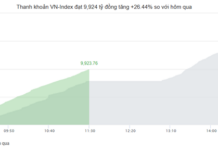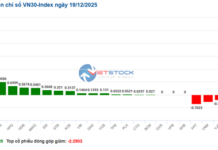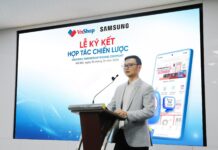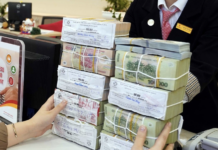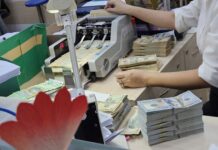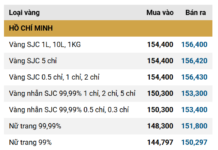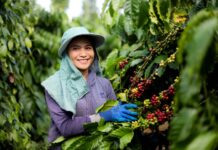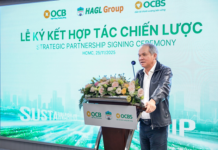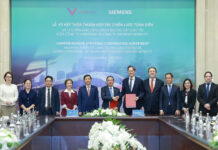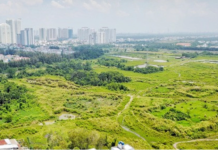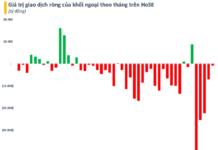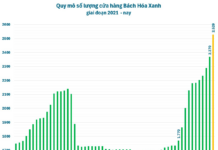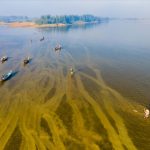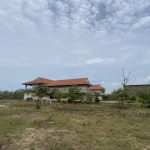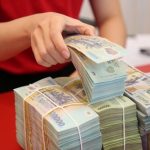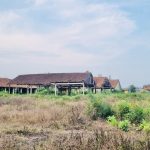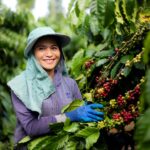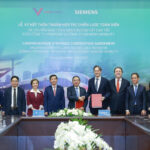In Quang Ngai province, the betel nut tree is a widely cultivated crop, providing a significant income source for local farmers. Districts such as Nghia Hanh and Son Tay are considered the betel nut tree’s paradise. Son Tay alone has 1,000 hectares of betel nut plantations.
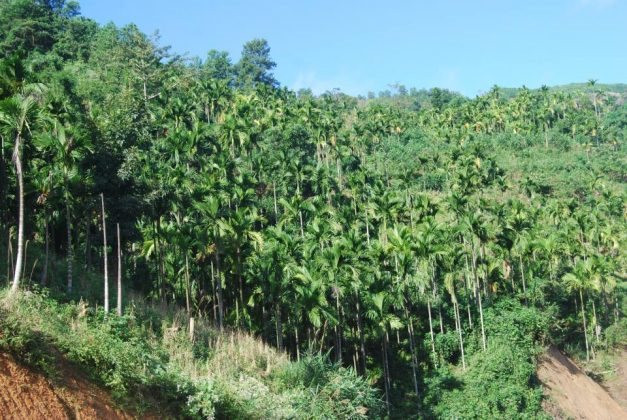
A lush betel nut forest in Quang Ngai. Photo: Saigon Marketing
Previously, income from betel nuts primarily came from exporting the nuts to foreign markets, with China being the largest importer. However, in recent years, betel nut farmers have found an additional source of income from the areca nut husks, which were once considered agricultural waste.
Mega Eco, a company based in Dong Dinh Industrial Cluster, Nghia Hanh District, Quang Ngai Province, specializes in producing cups, plates, fans, and other items from areca nut husks. The company’s director, Mr. Nguyen Van Tuyen, started this eco-friendly business in 2019. With his experience in purchasing, processing, and exporting agricultural by-products such as growing media, Mr. Tuyen felt a sense of waste seeing fresh areca nut husks littering the ground, rotting away, and farmers having to spend time and effort cleaning and burning them.
After extensive research from various sources, Mr. Tuyen learned that in India, people transform areca nut husks into useful products for daily life. He decided to import machinery from India, set up a workshop, and began producing household items from locally sourced areca nut husks.
Mega Eco collects areca nut husks from betel nut farmers at VND1,000 per husk. While this may seem like a small amount, consider that a one-hectare betel nut farm can produce approximately 12,500 husks per year. By utilizing this waste stream, farmers can earn an additional VND12.5 million per hectare per year while also reducing a significant amount of agricultural waste. The process of turning areca nut husks into products is environmentally friendly as it does not involve any harmful chemicals, helping to reduce the reliance on single-use plastic plates and bowls.
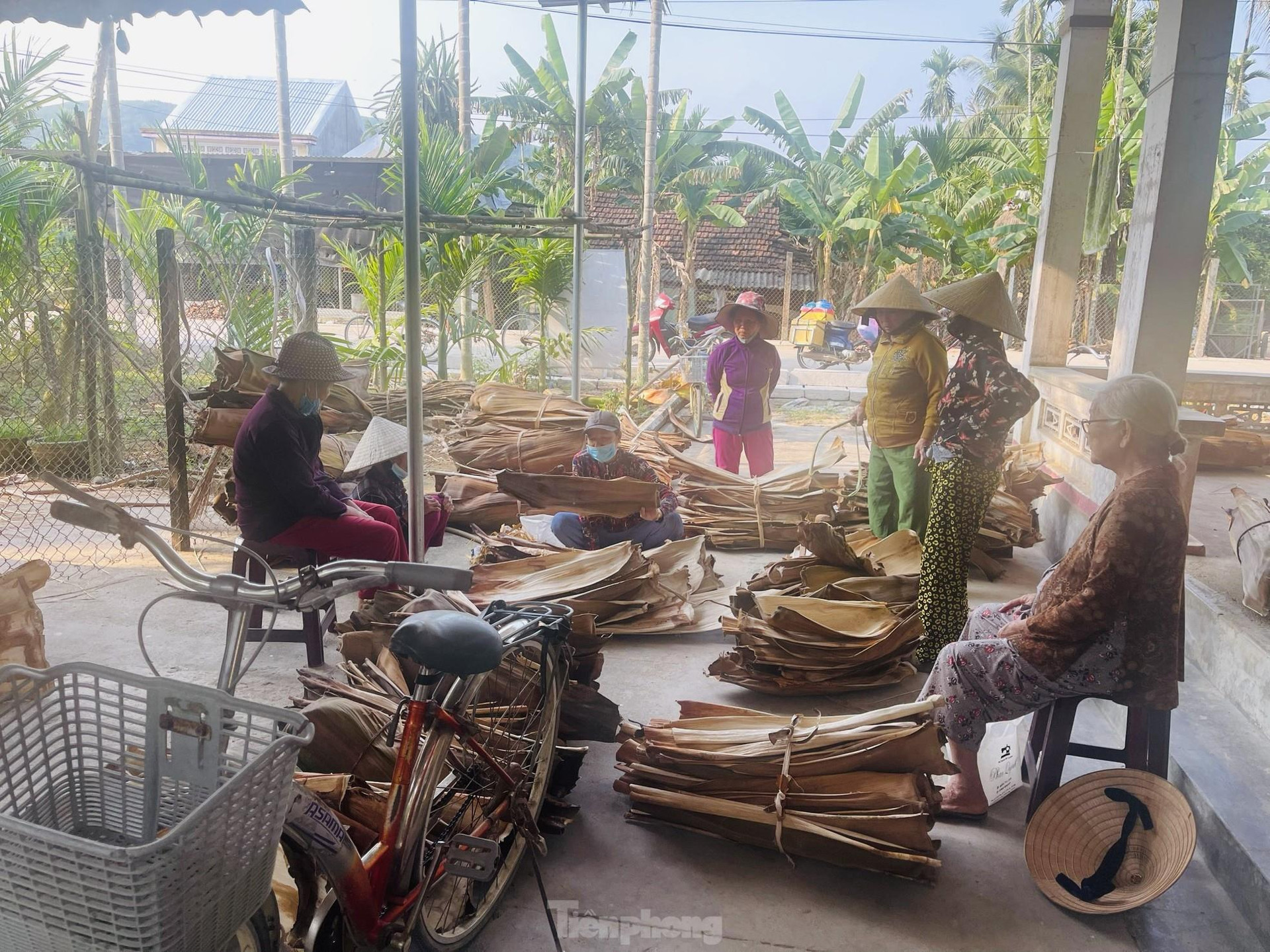
Collecting areca nut husks from farmers. Photo: Tien Phong
After collection, the areca nut husks undergo a thorough cleaning process, including washing, soaking to soften, and drying. They are then placed into heat-pressing molds to form various shapes and sizes, such as cups, plates, and trays. The final products are non-absorbent and can hold liquid foods like sauces, soups, and curries without leakage.
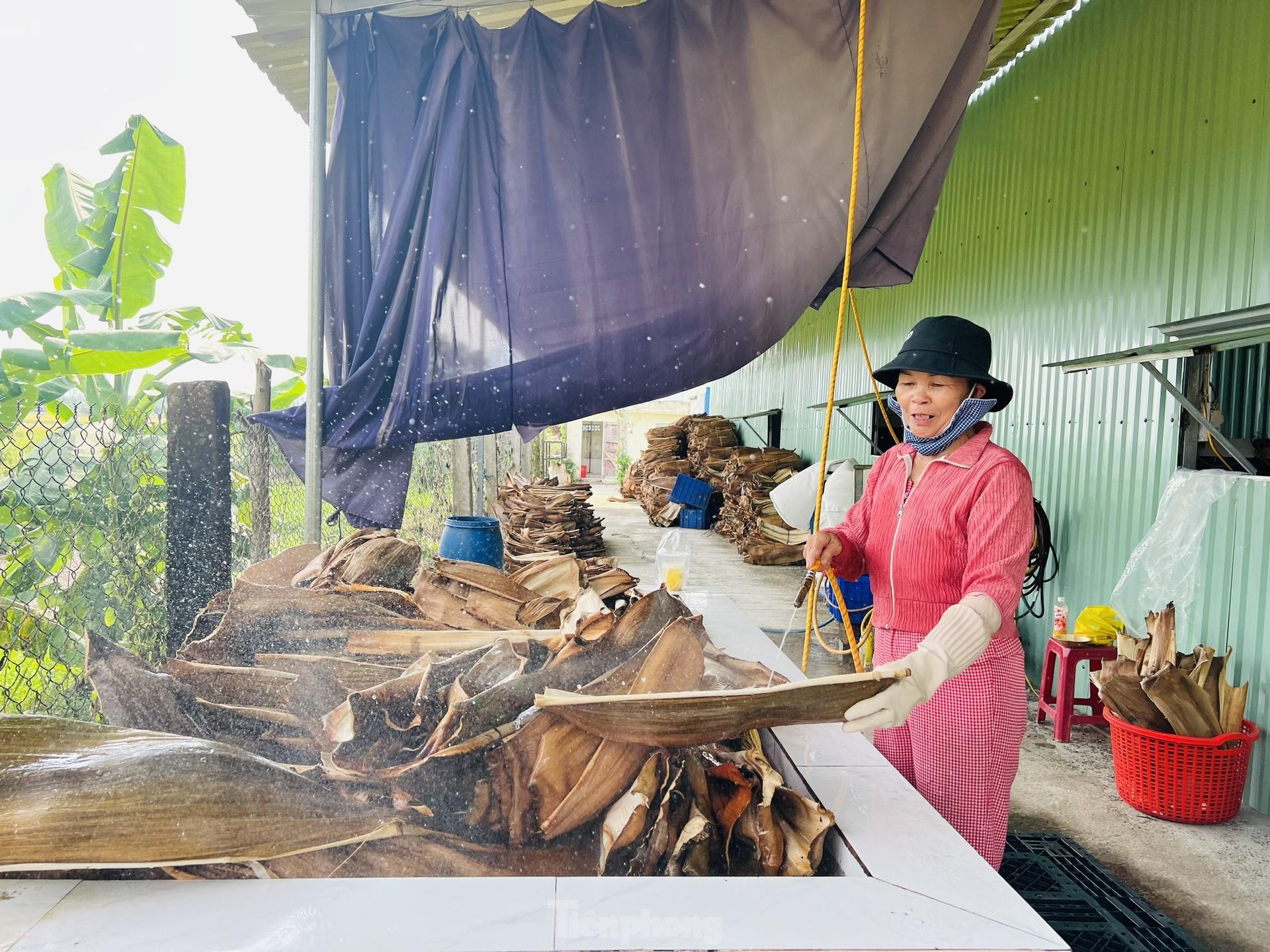
Cleaning the areca nut husks. Photo: Tien Phong
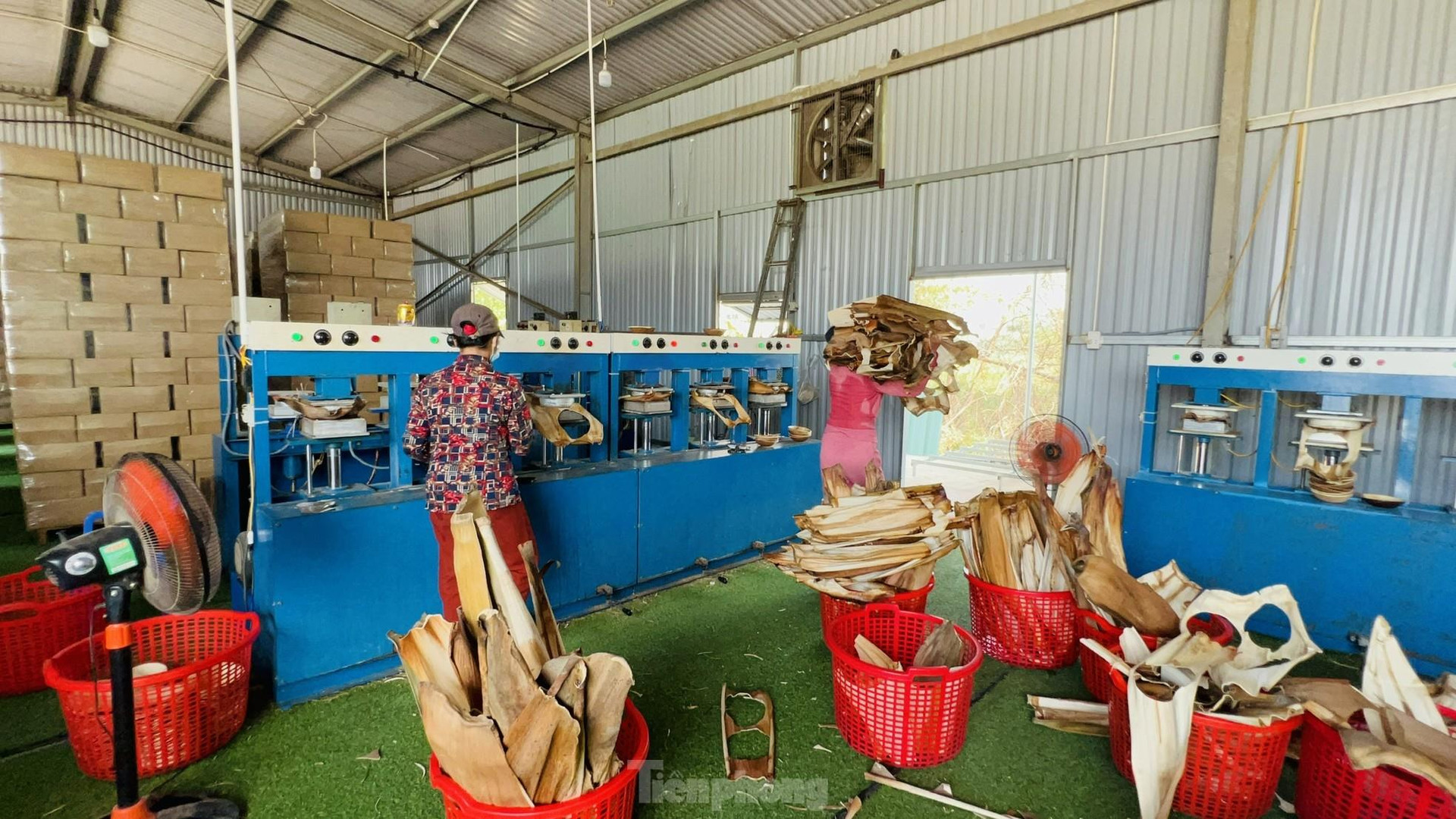
Molding the products. Photo: Tien Phong
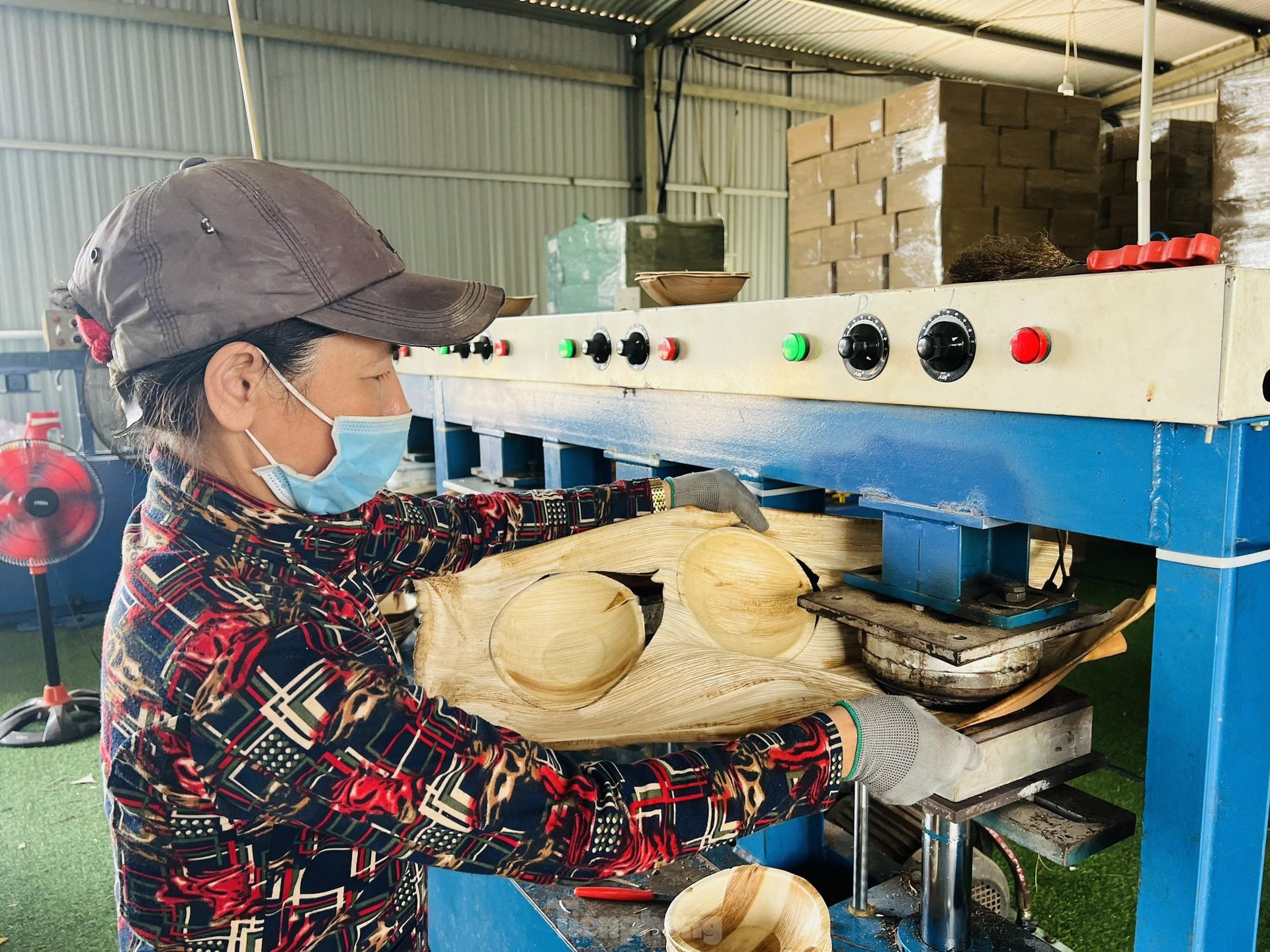
Currently, with nine pressing machines, each having five molds, Mega Eco produces about 600,000 cups, plates, and trays from areca nut husks every month. Their products are very reasonably priced. For example, a set of ten round plates costs only VND24,000, while a set of ten trays is priced at VND35,000. The products are easy to clean and can be reused multiple times.
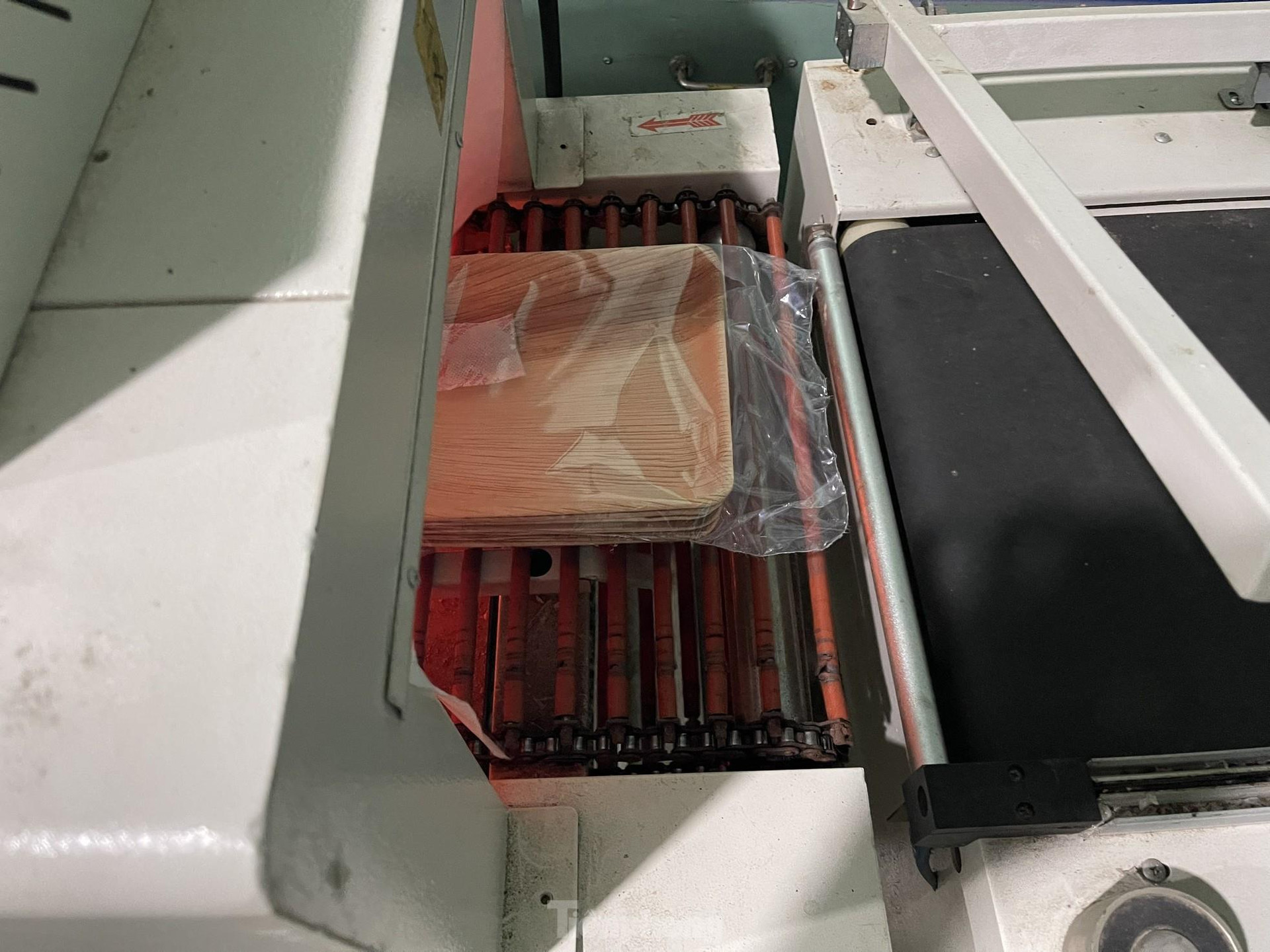
Products are UV-sterilized and packaged. Photo: Tien Phong
Mega Eco’s products have gained traction not only in the domestic market but also internationally. They are now exported to various countries, including the US, South Korea, and Canada. In the domestic market, a local airline has chosen to use their products on their flights. With the world’s growing preference for environmentally friendly products, 90% of Mega Eco’s production is exported, generating hundreds of millions of VND in revenue each month.
The Masterful Don Hunters of the Tra Khuc River
The 130-kilometer-long journey of the Tra Khuc River through the province of Quang Ngai is a testament to its resilience as it cascades over numerous rapids and waterfalls before finally merging with the vast sea at Cua Dai. This unique confluence of freshwater and seawater has given birth to a truly extraordinary and singular mollusc, the ‘don’, which cannot be found in any other Central Vietnamese river.
Is it Mandatory to Purchase Insurance When Taking Out a Loan? The State Bank of Vietnam Responds.
It is imperative to take effective measures to rectify and put an end to the prevalent issue of borrowers being compelled to purchase life insurance as a prerequisite for loan disbursement. This unethical practice needs to be addressed and eradicated, ensuring a fair and transparent lending process for all.

